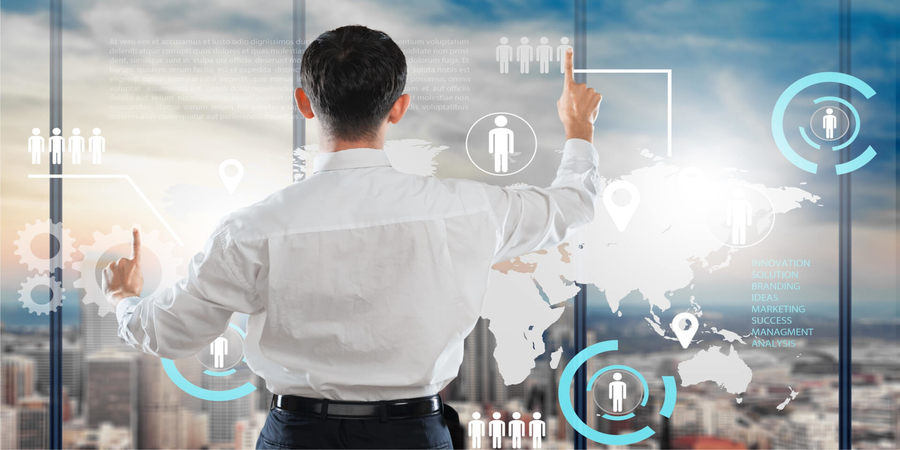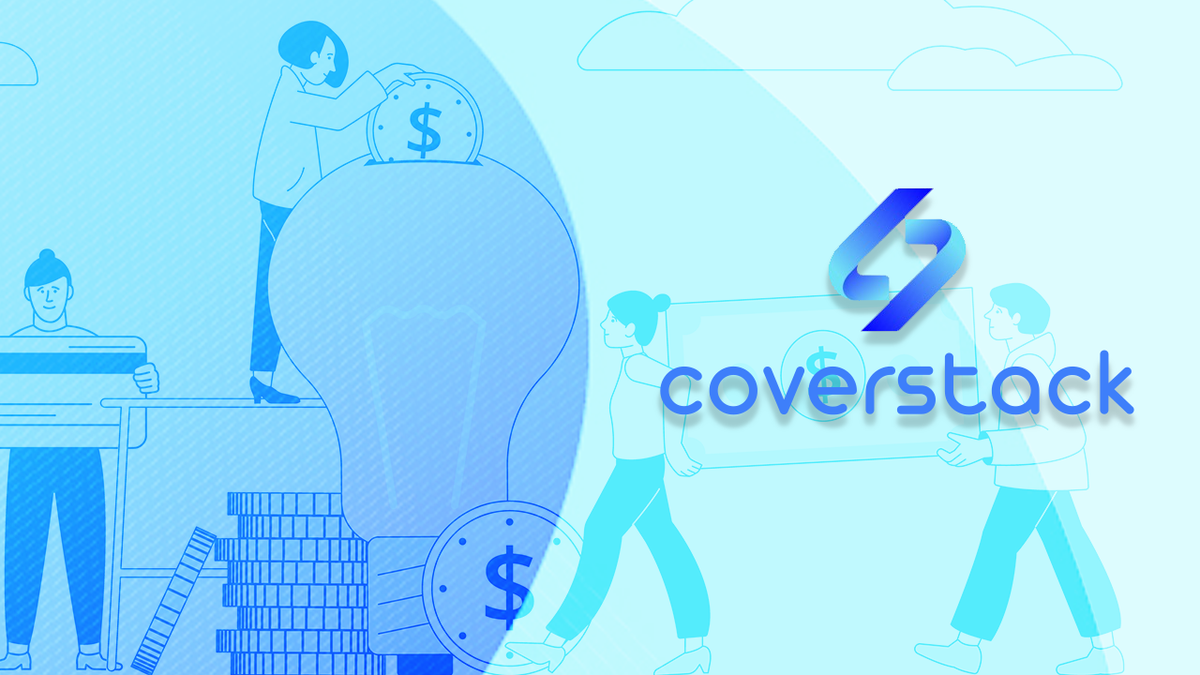Technology today is evolving at such a rapid pace, enabling faster change and progress, causing an acceleration of the rate of change, until eventually, it will become exponential. However, it is not only technology trends and top technologies that are evolving, a lot more has changed this year due to the outbreak of COVID-19 making IT professionals realize that their role will not stay the same in the contactless world tomorrow. And an IT professional in 2020-21 will constantly be learning, unlearning, and relearning (out of necessity if not desire).
Whatever barriers that used to be there a long time back, like the communication barrier, task-performing barriers, management barriers, or outsourcing barriers, have been overcome by the invention of technology. Internet and various software and applications have made it possible for the businesses to remain focused on their goals with no or negligible disruption by the day-to-day operational procedures.
5 technologies that have impact on business
1. Digital Employees
Digital assistants are a good solution for businesses that want to increase accessibility and quality, as well as improve response times in relation to their customers or employees.Digital assistants are various types of software that are capable of performing rule-based work processes and communicating with people through writing and speech.
A high proportion of processes associated with e.g. finance, reporting, customer service and HR is currently handled by employees who have to compensate for incomplete IT systems. This means that a lot of valuable time that could have been devoted to solving more complicated problems is spent carrying out work tasks that could be performed by digital assistants.
2.Artificial intelligence (AI)
AI (artificial intelligence) is a broad term that refers to a computer program’s or computer’s ability to appear intelligent. AI usually has the ability to capture data about its environment and can learn or adapt in order to achieve a given goal. In order to build an AI system that adds value, large volumes of data and an algorithm are used that are suitable for what the system is intended to achieve. After consuming the data, the system can make decisions based on the knowledge it has built up.
In order to benefit from AI, it is necessary to have a clear strategy and plan regarding how data can be captured and utilized, serving as a basis for improved decisions, greater insight and optimisation of business processes
3.Robotics and Automation
Automation of physical work duties is a growing trend within several sectors. This means that physical robots and machines are increasingly taking over work duties previously carried out by human employees.
Physical automation of work processes improves quality and increases up time in processes, while freeing up human resources to work with other tasks that add value.As a result, companies across a number of sectors are exploring how the use of robots can contribute to increased quality and delivery capacity at a lower cost.
4.Cloud Computing.
Cloud computing allows businesses large and small to move some of their operation to third-party servers accessible via Internet connectivity. Not only does this allow for rapid (on-demand) data and mobility it does so without the fear of downtime, crashes, or permanently lost data.Cloud computing allows businesses to access their information virtually, creating a flexible and global way of accessing your data any place, any time.
A common analogy to describe cloud computing is renting versus buying. Essentially, you rent capacity (server space or access to software) from a cloud service provider, and connect over the internet. Instead of buying your own IT requirements, you are renting from a service provider, paying for only the resources you use.
5.Internet of Things (IoT)
Another promising new technology trend is IoT. Many “things” are now being built with WiFi connectivity, meaning they can be connected to the Internet—and to each other. Hence, the Internet of Things, or IoT. The Internet of Things is the future, and has already enabled devices, home appliances, cars and much more to be connected to and exchange data over the Internet.
The IoT can enable better safety, efficiency and decision-making for businesses as data is collected and analyzed. It can enable predictive maintenance, speed up medical care, improve customer service, and offer benefits we haven’t even imagined yet.
“We have highlighted five technologies that we consider to be exciting and that we believe will have the capacity to change society, business and our everyday lives. It is likely that these will be the right ones for your business to explore, but this requires closer consideration. However, we would like to share our opinion that curiosity is good, so we hope that we have given you something to think about and ideas that you can work on. Because we know that new technology is affecting us to an ever greater extent and at an every faster pace. It is not possible to buy a license for digital transformation, so it is a matter of the way in which smart businesses and each of us are able to change, and whether we are capable of grasping the opportunities that arise in a digital world,”



